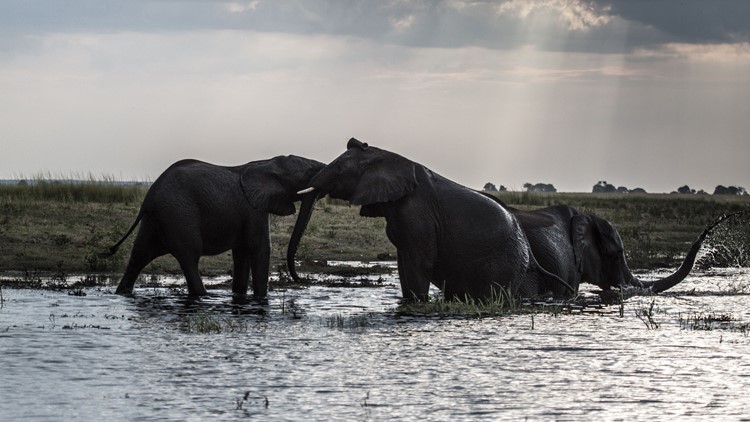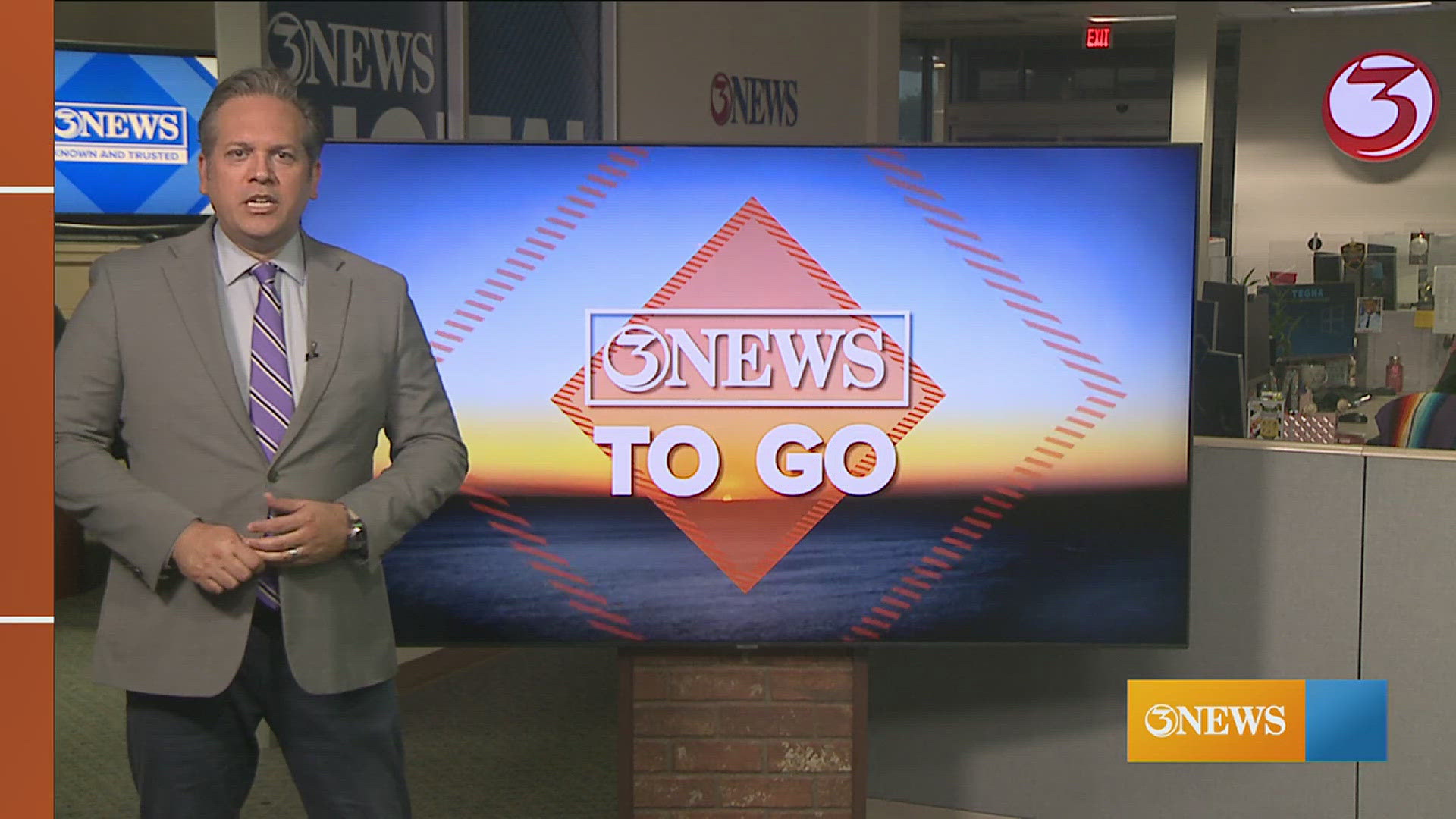An aerial survey recently discovered bodies of 87 slaughtered elephants near a wildlife sanctuary in Botswana, Africa.
Many of the dead elephants were ripped of their tusks, and left with mutilated skulls — a sign of poaching.
Wildlife conservation organization Elephants Without Borders found the "alarming" rate of dead elephants while flying an aerial census supported by the Botswana government.
"People did warn us of an impending poaching problem and we thought we were prepared for it," Mike Chase, director and founder, said in a statement.
The country recently disarmed its anti-poaching unit under president Mokgweetsi Masisi.
Chase told the BBC this is the largest incident of elephant poaching he's ever seen or read about in Africa. The carcasses were found near the the Okavango Delta wildlife sanctuary, a popular tourist destination.
Poachers killed many of the elephants within the last few weeks, according to a poaching incident report obtained by NPR. Three white rhinoceroses were also killed in the same area over the past three months, according to the report.
Botswana is home to the world's largest elephant populations and has been praised for its protection of elephants in the past.
The 2016 Great Elephant Census, which reported more than 130,000 elephants in Botswana, also revealed African savanna elephant populations were declining by 30 percent in 15 of the 18 Africa countries surveyed. A map from that report showed Botswana's elephant population was in stable condition as neighboring Angola, Zimbabwe, and a small area of Zambia saw decreasing populations.
But, that trend could be changing, as Chase told the BBC "poachers are now turning their guns to Botswana."



